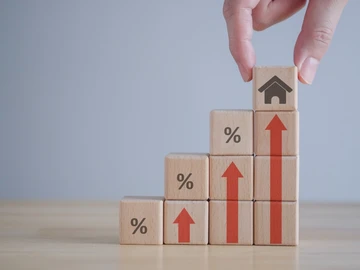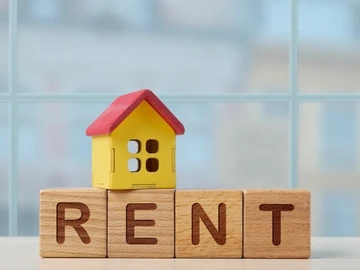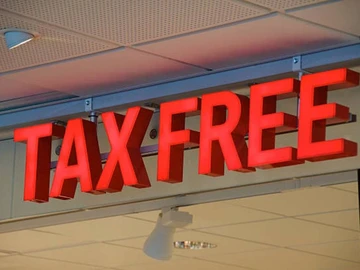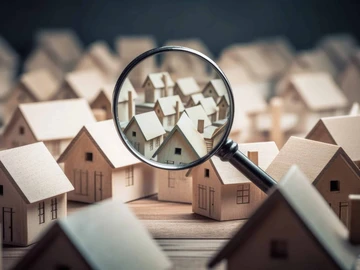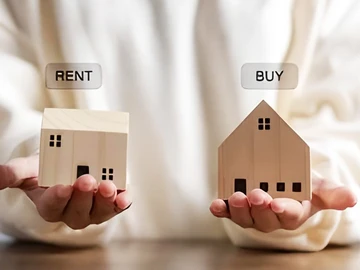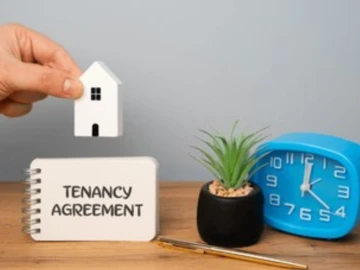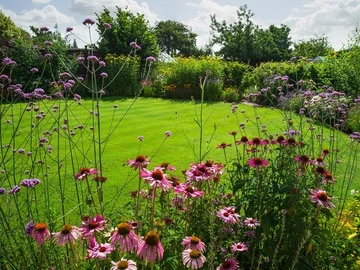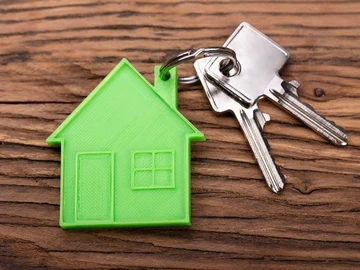Zimbabwe's real estate market presents a unique and exciting opportunity for investors and aspiring homeowners. However, navigating a new market can be daunting. This guide tackles the most frequently asked questions from those considering buying property in Zimbabwe whether you want a property in Harare , Bulawayo or any other city in Zimbabwe.
Market Landscape:
- Is Zimbabwe a buyer's or seller's market?
The market can fluctuate, but recent trends suggest a transitional phase. While economic uncertainty persists, there's a growing demand for quality properties, particularly in Harare which contributed to over 90% of the demand in 2023. This pushed the average property prices up by 40% with 20% of the properties falling in the USD100K to USD200K bracket.
- What property types are most in demand?
Demand varies depending on location and purpose. Here's a breakdown:
Houses:These contributed 49.7% of the total leads generated in 2023 followed by Land on 27.2%,flats 13.4% and and commercial properties on 8.5%.
Where are the best locations to invest?
Harare North has proven to be the popular location contributing to 32% of the demand in 2023.Areas such as Borrowdale ,Avenues,Greendale,Glenlorne and Mt Pleasant are some of the areas in high demand.
Buying Process:
- What are the steps involved in buying property in Zimbabwe?
The process typically involves:
Engaging a registered real estate agent- They can guide you through property viewings, negotiations, and legal processes.
Obtaining legal advice - A lawyer can ensure title deeds are clear, verify zoning restrictions, and draft the sale agreement.
Securing financing - Explore mortgage options from local banks or financial institutions. Be aware of potential fluctuations in currency exchange rates.
Property registration - Once the sale is finalised, the property needs to be registered with the Deeds Office.
- Are there any restrictions on foreign buyers?
Foreigners are allowed to own property in Zimbabwe for residential, commercial, or industrial purposes.They can however not own agricultural land, with some exceptions for investment purposes that require government approval.Section 71(2) of the Constitution provides for property rights to every person in any part of Zimbabwe. An owner of a property can do as they wish with their property subject to other provisions of the Constitution..
- What are the typical closing costs associated with buying property?
Expect to pay costs such as:
- Transfer duty : A tax levied on the purchase price of the property.
- Agent's commission: Negotiated fee paid to the real estate agent.This is usually 5% of the property selling price.
- Legal fees: Costs associated with lawyer services.
- Registration fees: Charges for registering the property with the Deeds Office.
Investment Considerations:
- What is the rental yield potential in Zimbabwe?
Rental yields can vary depending on location, property type, and current market conditions. Generally, expect yields between 5-10%. According to Seeff Properties in Zimbabwe, suburban areas, rental rates for retail space range from USD15 to USD20 per square metre. The average yield for retail properties is around 7%.19
- What are the potential risks associated with investing in Zimbabwean real estate?
While the market offers promise, consider these potential challenges:
- Economic fluctuations: The Zimbabwean economy is still recovering, and currency fluctuations can impact investment value.
- Infrastructure limitations: Power and water supply issues can exist in some areas.
- Bureaucracy: Navigating administrative processes can be time-consuming.
What are some tips for successful property investment in Zimbabwe?
Here are some key strategies:
Conduct thorough due diligence: Research the property, verify title deeds, and understand local zoning regulations.
Work with reputable professionals: Partner with a qualified real estate agent and lawyer to ensure a smooth transaction.
Consider the long-term vision: While short-term gains may be tempting, focus on properties with long-term appreciation potential.
By understanding these key aspects of the Zimbabwean real estate market and asking the right questions, you can make informed decisions and embark on a rewarding property buying journey. Remember, this guide provides a general overview. Consulting with local experts is vital for navigating the specifics of your real estate venture in Zimbabwe.
 Continue with Facebook
Continue with Facebook
 Continue with Email
Continue with Email





